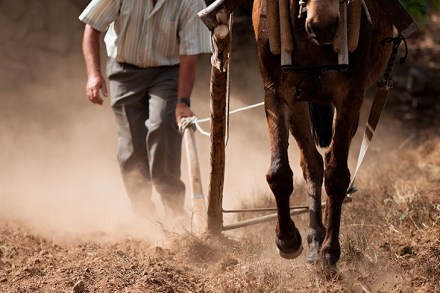Did Taylor Swift really ‘overthink’ her album release?
Sometimes when I ask my stertorous husband in his armchair whether he is asleep, he replies with a start: ‘Just thinking.’ If so, he seems recently to have been overthinking. Overthinking is a pretty annoying word, often used by people not noted as great thinkers. Taylor Swift, the belle of West Reading, contrasts it with





















